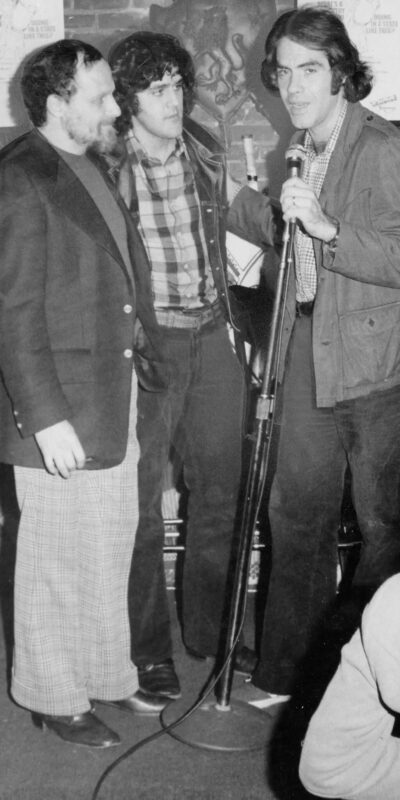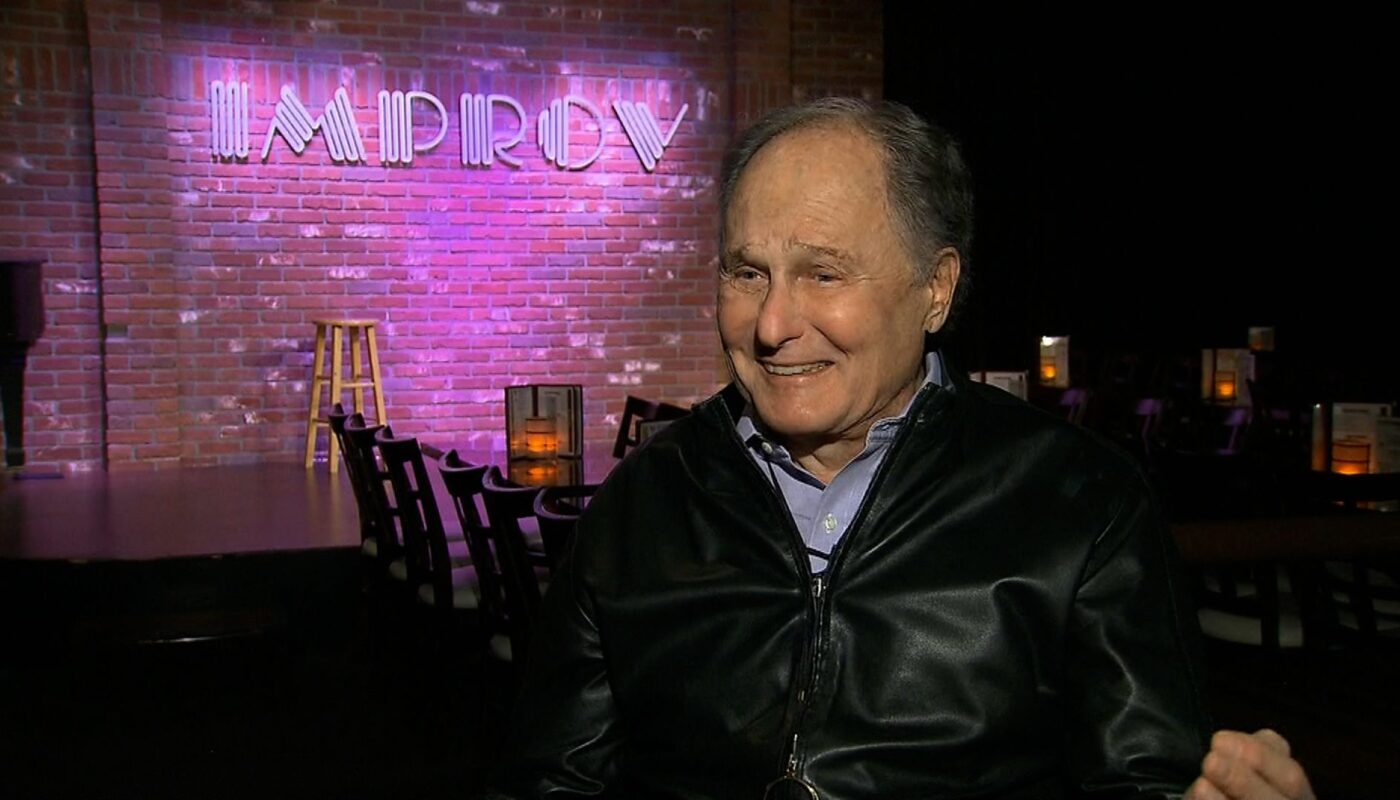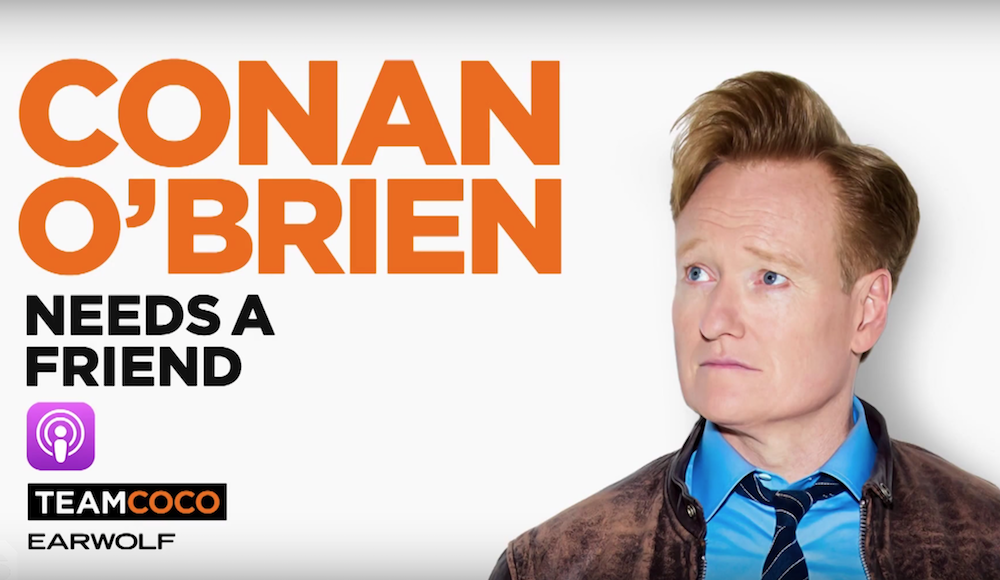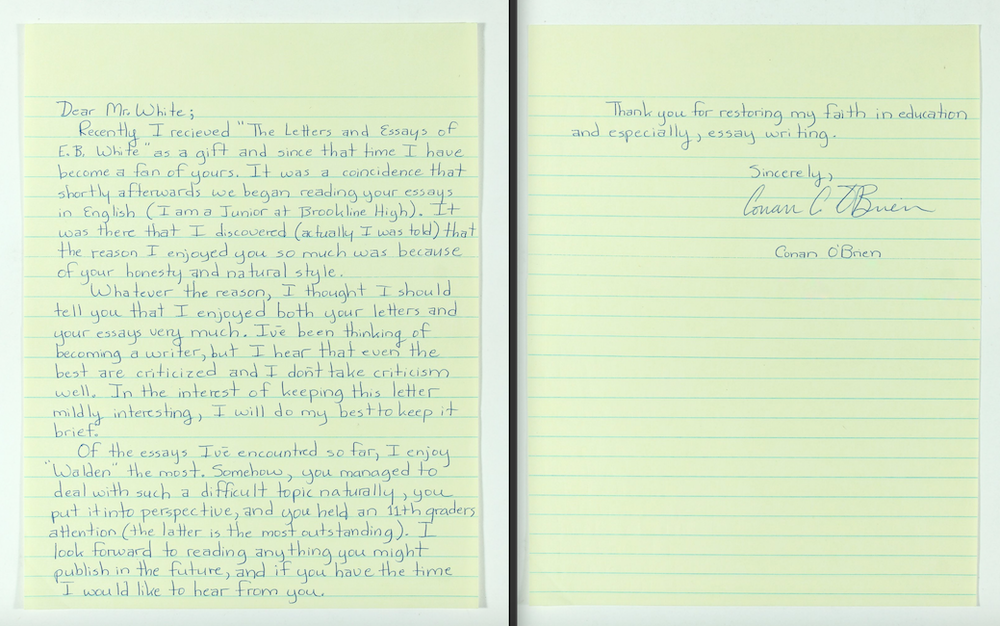Budd Friedman didn’t intend to set the standard for stand-up comedy clubs across America (and the world). You might say it only happened thanks to a little Improvisation.
Tip your waitstaff! OK, I’ll see myself out, but not before seeing out this show-business icon who changed the game for live comedy, and died a week ago (Nov. 12, 2022) at the age of 90 from heart failure. You could argue that Budd wasn’t the first to open a full-time stand-up comedy club (Pip’s beat him to it by at least a year, although it’s understandable in retrospect how Sheepshead Bay and the southern reaches of Brooklyn might not have stood a chance against Midtown Manhattan as the mecca for stand-ups). But Budd’s impact on comedy is and was undeniable. From the brick wall behind the stage, which eventually became a cliche; to the 1980s comedy boom, fueled by his A&E series, An Evening at the Improv; to the coterie of performers and employees who emerged out of the original club and the early years of the Los Angeles offshoot on Melrose. Bette Midler and Barry Manilow were regular performers at the Improvisation in Hell’s Kitchen, where Danny Aiello started as a bouncer. Jay Leno would make the drive down from Boston several nights a week for stage time, and would even sleep in the alley next to the Hollywood Improv to ensure his spot in line to audition there. From employees to famous and then infamous executives: Chris Albrecht managed the NY club after Budd headed west, while Budd hired Les Moonves as a bartender in LA in the late ’70s.
Born Gerson Friedman on June 6, 1932, the youngest of three kids earned the nickname Buddy, which shortened to Budd as he grew up. After his dad died, his mom moved the family from Norwich, Conn., to NYC. Budd enlisted and headed to the Korean War in 1953, only to get wounded by a grenade on his first day in action, and spent the remainder of that war in the hospital recuperating.
He attended New York University on the GI Bill, and after a brief Boston sojourn in advertising, returned to the Big Apple with big dreams of becoming a Broadway producer. But he had neither the money nor the connections. So he built a hangout for Broadway performers. The Improvisation opened in 1963 on West 44th Street and Ninth Avenue, just west of Times Square.

Sometime in 1964, the comedians started taking the stage, and soon enough, they were the lineup. This was a novel idea for stand-ups, accustomed to playing second fiddle or emcee to singers, dancers, strippers and variety acts for decades going back to Vaudeville.
A decade later, Budd convinced several investors (including the late great Harvey Korman, whom Budd counted as a longtime friend) to bankroll his second location, on 8162 Melrose Ave. in Los Angeles.
As he wrote in his memoir and oral history of the club (which I excerpted in 2017):
Following a series of farewell parties, I officially left New York in December of 1974 while Silver stayed behind with our two daughters, who were seven and nine at the time, so they could finish out the school year. Saying good-bye to my family, friends, and colleagues was obviously very bittersweet, and so was leaving the city I’d called home for most of my life as everyone wished me well.
When my plane landed at Los Angeles International Airport, where Jay Leno picked me up in his Oldsmobile, I immediately became convinced I’d made the right decision—especially after buying my first car, a 1959 white Cadillac that came complete with fins on the back. It reminded me a lot of the car I’d driven across country with a couple of college friends from New York University the summer after we graduated, and I felt like a teenager again.
Budd welcomed Mark Lonow as a general partner in 1979, as they began expanding the Improv brand to other cities. Budd and Silver divorced in 1981, with Silver given ownership of the original New York Improvisation (that club closed in 1992).
Budd, meanwhile, became an onscreen fixture in his own right, thanks to A&E’s An Evening at the Improv. It ran from 1982-1996, with Budd sporting his trademark monocle (which he apparently first sported trying to read his own menu in NYC) and saying a few words at the top of each episode. The series (and others like it that followed on cable TV), spurred a boom in business for comedy club owners across America.
“The entire ’80s to me was The Improv on Melrose.” Seinfeld says in the 2013 EPIX documentary celebrating The Improv’s 50th anniversary.
Budd also appeared as an MC in the film Star 80, as well as cameos as himself in Man On The Moon, Funny People, and Sandy Wexler.
The Improv chain has grown and shrunk over the years, with Budd eventually selling the chain to Levity Live in 2018. As of this weekend, there are 25 clubs (Improvs and Levity Lives) associated with the brand.
I only remember speaking with Budd once in person, shortly after I arrived in New York City in 2007, when he helped convene comedy industry folk for a meeting at Carolines on Broadway to discuss ways to help comedians through The Actor’s Fund.
But I’ve also met his daughter, Zoe, who worked for David Letterman’s Worldwide Pants and for Comedy Central, and is one of the co-founders of Comedy Gives Back, who really are helping comedians who need it the most today.
RIP Budd. Clear the aisle.
Hear more from Budd in his own words, from this 2017 interview filmed for CUNY-TV when Budd was 85.



